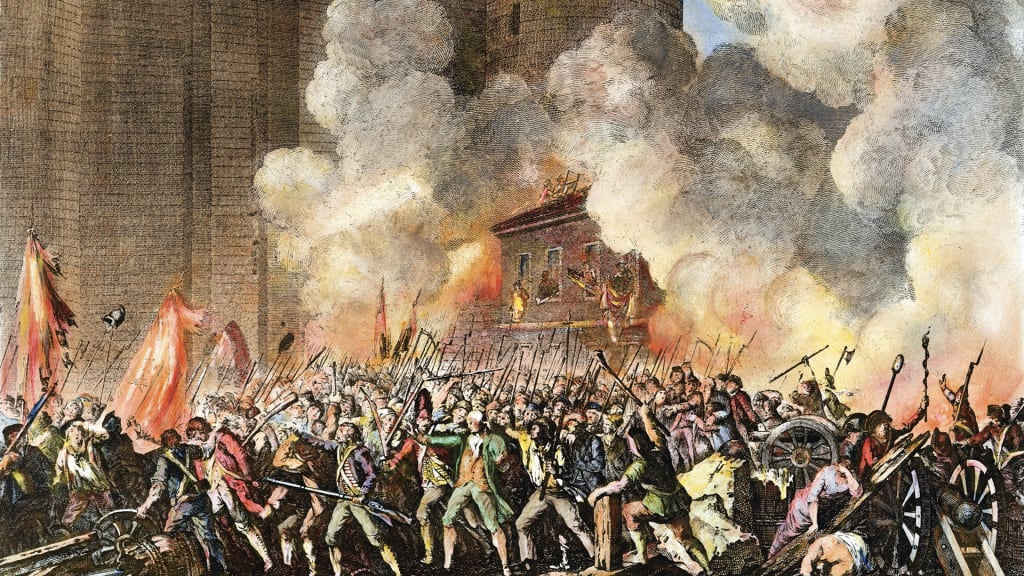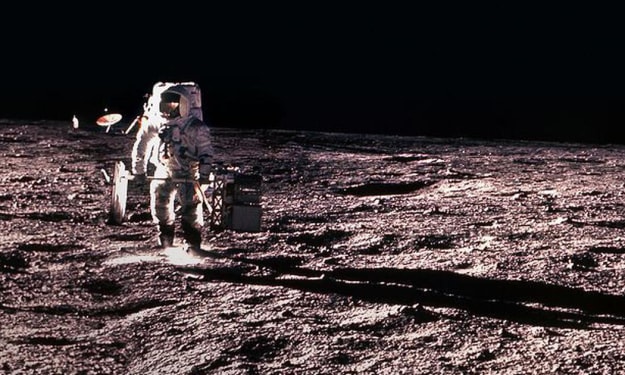The French Revolution
A Pivotal Epoch of Liberation and Turmoil

A turbulent time in late 18th-century France known as the French Revolution marked a turning point in world history by causing a significant upheaval in the political, social, and cultural spheres. We examine the causes, significant incidents, life-changing effects, and enduring legacy of this revolutionary era in this 600-word synopsis.
Origins and Social Inequities:
The Ancien Régime's unequal social and political framework was where the seeds of the French Revolution were first planted. The clergy, the nobility, and the common people (the Third Estate) comprised France's three estates. The former paid the bulk of the taxes, while the clergy and the nobles were exempt. Injustices among the public were made worse by economic difficulties, agricultural disasters, and high bread costs.
Economic Crisis and Enlightenment Ideas:
The growth of Enlightenment principles that favored liberty, equality, and fraternity was another phenomenon of the 18th century. Distinguished philosophers who criticized the monarchy and demanded reforms included Voltaire, Rousseau, and Montesquieu. Their concepts sparked a political and intellectual upheaval.
The Estates-General and the Tennis Court Oath:
To remedy the financial crisis, King Louis XVI called a meeting of the Estates-General in 1789. Frustrated by the lack of representation, the Third Estate split off to create the National Assembly. They swore the Tennis Court Oath on June 20, 1789, promising to remain united until a new government was founded.
The Storming of the Bastille:
Parisians stormed the Bastille, a prison perceived as a symbol of royal tyranny, on July 14, 1789, as tensions rose. This incident signaled the start of a massive uprising.
The Reign of Terror:
With the emergence of extremist Jacobin leaders like Maximilien Robespierre, the Revolution took a drastic turn. The power-wielding Committee of Public Safety brought about the Reign of Terror (1793–1794). King Louis XVI and Queen Marie Antoinette were among the thousands of Revolutionary adversaries put to death.
The Rise of Napoleon Bonaparte:
Significant military operations and instability occurred during the Revolution throughout Europe. Napoleon Bonaparte carried out a coup d'état in 1799 and took over as First Consul. Later, in 1804, he was crowned Emperor, solidifying his position of authority and disseminating Revolutionary ideas under the Napoleonic Code.
The Legacy:
- Modern Ideals: The French Revolution gave the concepts of liberty, equality, and fraternity to the world; it served as a role model for subsequent democratic movements and sparked revolutions all over the world.
- Nationalism: Modern nation-states emerged as a result of the Revolution, which spurred the rise of nationalism.
- Secularization: It caused society to become more secular, reducing the influence of the church and fostering religious tolerance.
- Social and Legal Reform: The Napoleonic Code, an Enlightenment-based legal code that placed a strong emphasis on civil liberties and individual rights, had an impact on legal systems all over the world.
- End of Absolute Monarchy: The French Revolution brought an end to the country's absolute monarchy, and a republic eventually replaced it.
- Women's Rights: The Revolution increased public awareness of women's rights, albeit little actual progress was made.
- Terror and Repression: The Reign of Terror provided as a sobering example of the dangers of radicalism, repression, and possible abuse in revolutionary organizations.
Challenges and Complexities:
Significant difficulties, such as political instability, violence, and external conflicts, characterized the French Revolution. It served as an example of the intricacy of revolutionary change and the conflict that exists when idealistic ideals are pursued alongside practical political and social objectives.
Conclusion:
The French Revolution served as a catalyst for societal upheaval and political change that echoed throughout the world. It continues to serve as a reference point when revolution, democracy, human rights, and the goal of a decent society are brought up. Its complicated legacy serves as a reminder of the ongoing battle to balance the pursuit of liberty with the difficulties of governance, social change, and the defense of human rights.
About the Creator
The Knowledge
Welcome to a virtual realm where the past, present, and future converge to unravel the mysteries of history, the wonders of science, and the treasure trove of general knowledge.






Comments
There are no comments for this story
Be the first to respond and start the conversation.